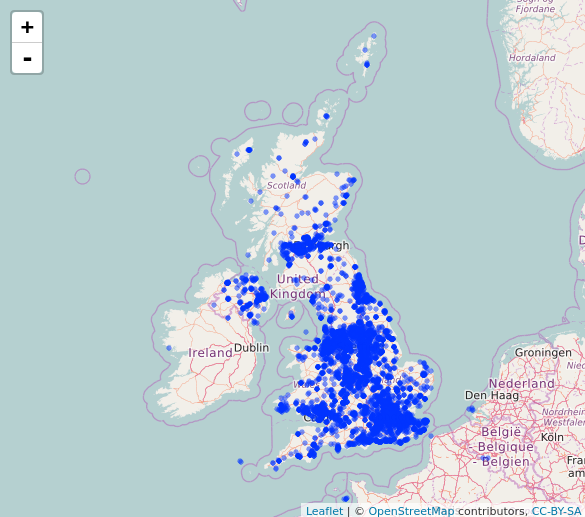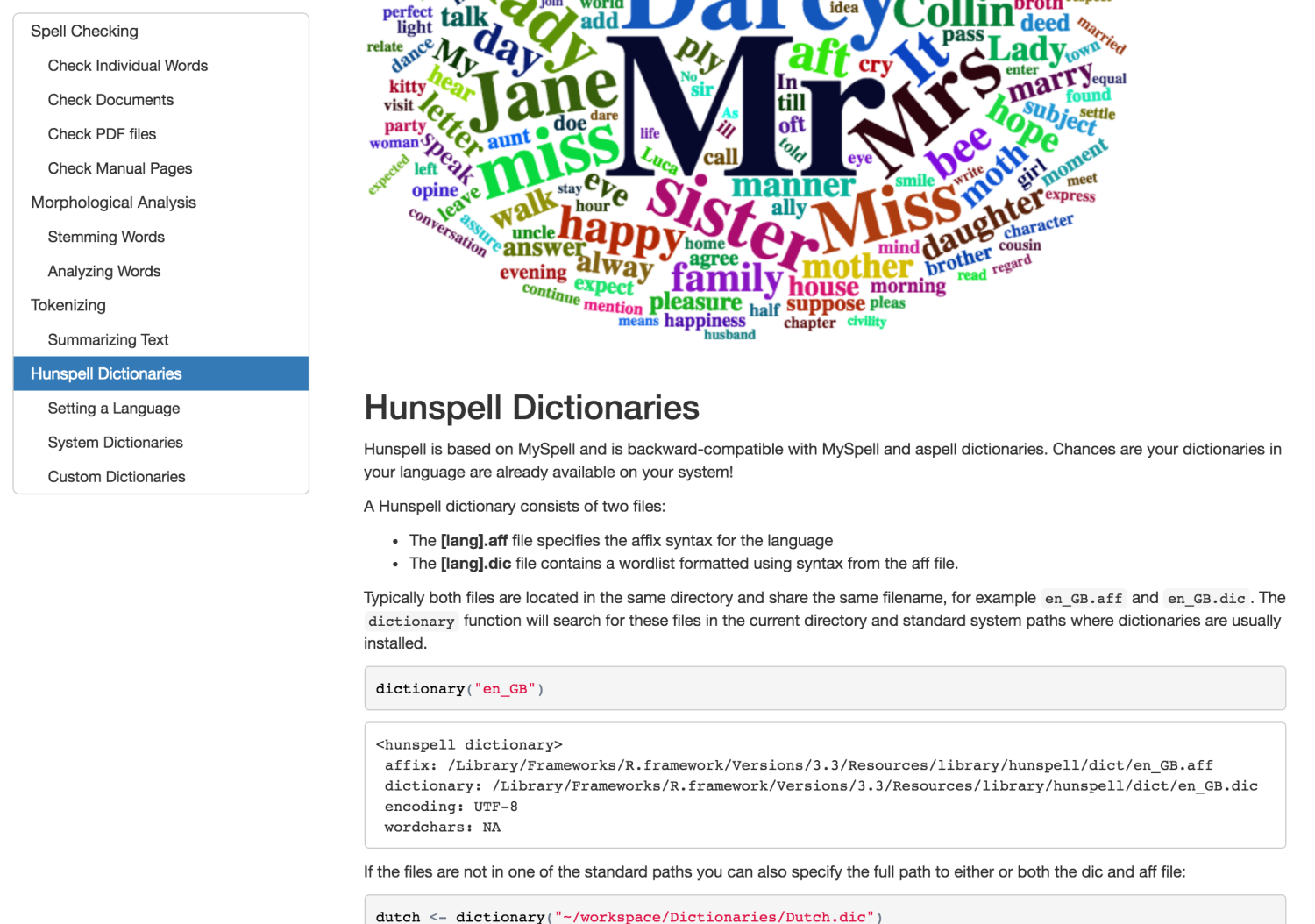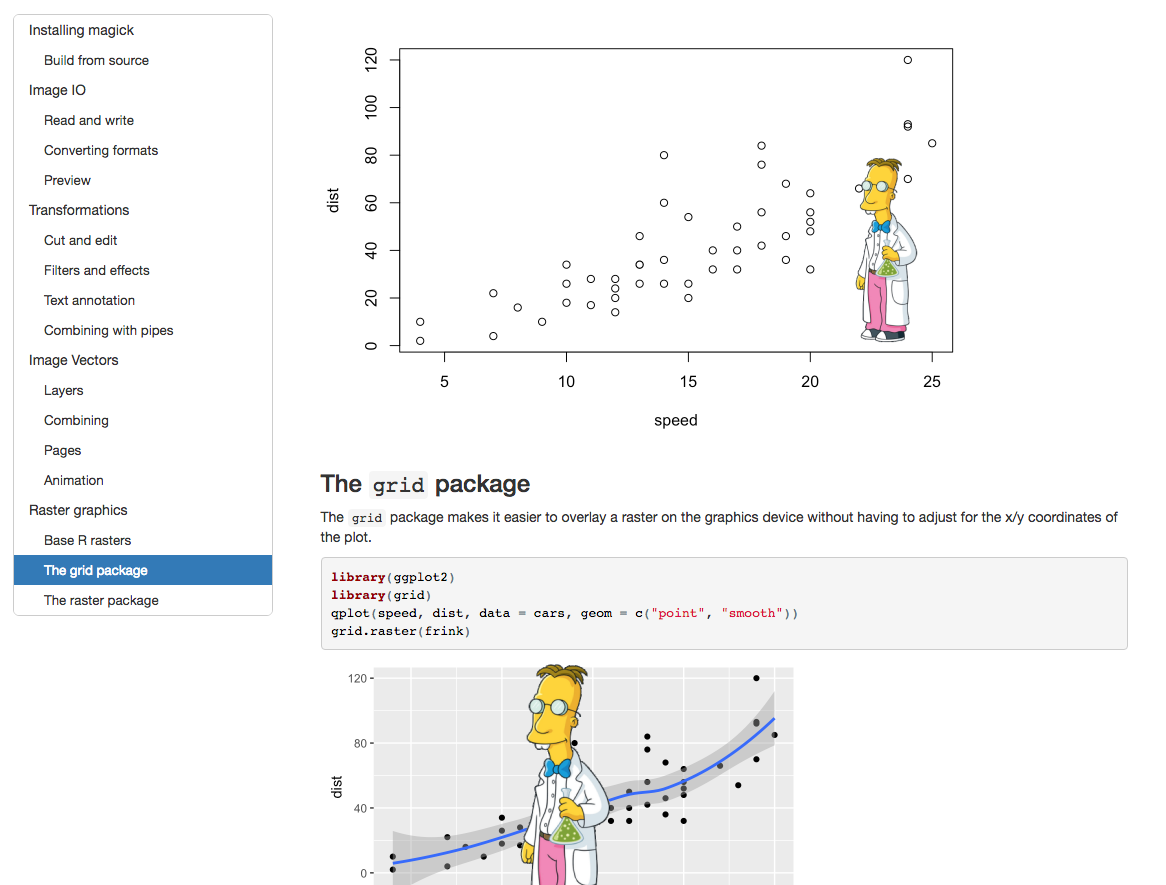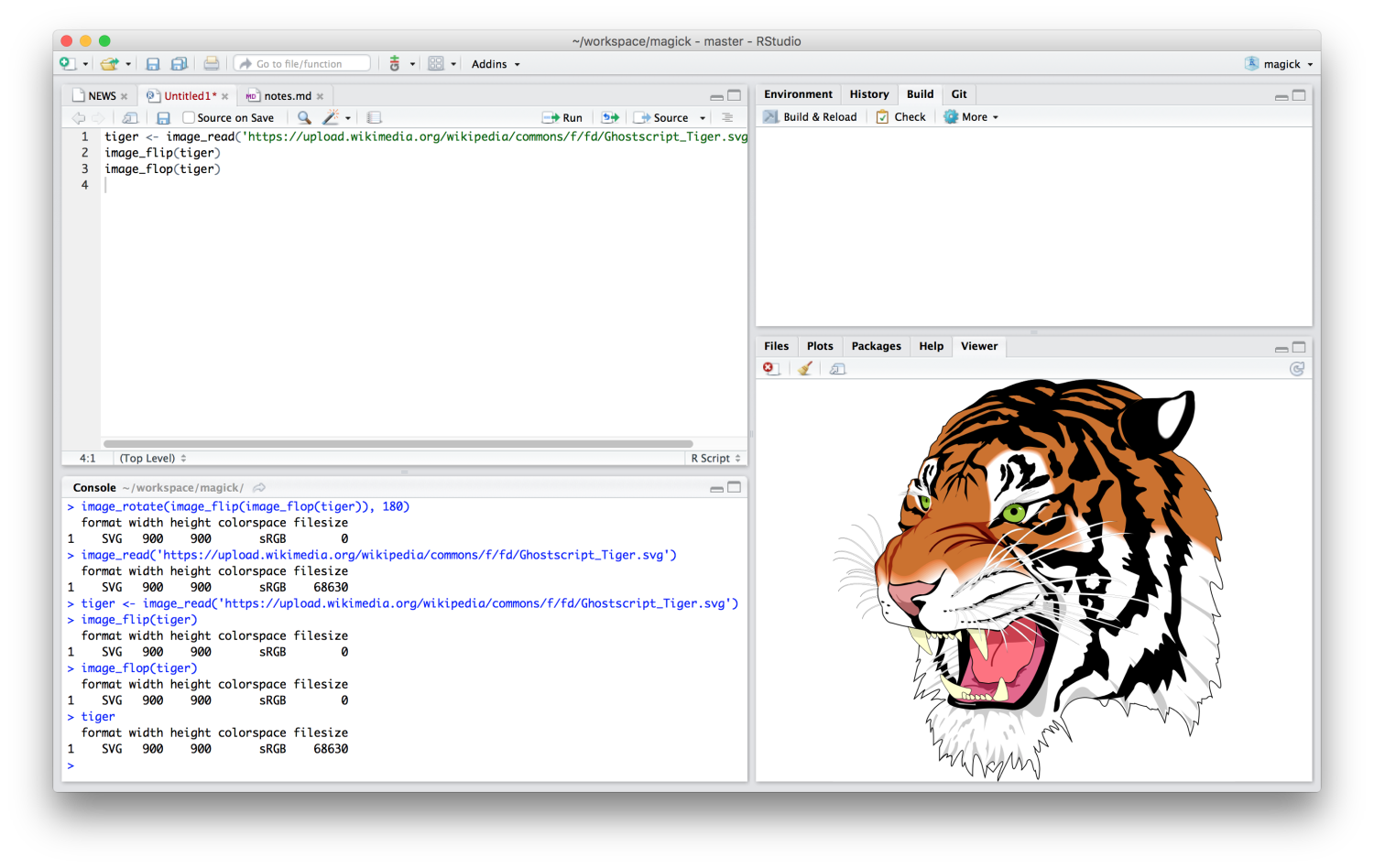You can find members of the rOpenSci team at various meetings and workshops around the world. Come say ‘hi’, learn about how our packages can enable your research, or about our onboarding process for contributing new packages, discuss software sustainability or tell us how we can help you do open and reproducible research. Where’s rOpenSci?
rOpenSci - open tools for open science

A new package isdparser ison CRAN. isdparser was in part liberated from rnoaa,then improved. We’ll use isdparser in rnoaa soon. isdparser does not download files for you from NOAA’s ftp servers. Thepackage focuses on parsing the files, which are variable length ASCII stringsstored line by line, where each line has some mandatory data, and any amountof optional data.
In order to facilitate a transformation towards open and reproducible research, rOpenSci is building and improving not only the technical infrastructure, but the social infrastructure as well. To support this, occasionally a Community Call will focus on a topic that reflects the values of rOpenSci.
A new package gpg has appeared on CRAN. From the package description: The package features a beautiful vignette to get you started with using GPG in R. Some highlights from the vignette below. Example: encryption Suppose we want to send an email Glenn Greenwald containing top secret information. His homepage at the intercept shows Greenwalds GPG fingerprint.
I feel both proud and privileged to join rOpenSci as your Community Manager. I’ve been a compulsive community builder since the early 2000’s, but it has rarely been part of my job description. Now it seems like all roads have led to this. After a couple of fine days of indoctrination at the UC Berkeley home of rOpenSci, I’m settled into work in beautiful Kamloops, British Columbia, Canada.

Whether you are an environmental scientist, a pollution expert or just concerned about the air you breathe when cycling in the United Kingdom, the ropensci rdefra package can help find the information you need. This package gives you access to the UK-AIR database, hosted by the Department for Environment, Food &
The new ropensci graphql package is now on CRAN.

A new version of the ropensci hunspell package has been released to CRAN. Hunspell is the spell checker library used by LibreOffice, OpenOffice, Mozilla Firefox, Google Chrome, Mac OS-X, InDesign, Opera, RStudio and many others. It provides a system for tokenizing, stemming and spelling in almost any language or alphabet.

A new version of the ropensci magick package has been released to CRAN. Magick is a package for Advanced Image-Processing in R. It wraps the ImageMagick STL which is perhaps the most comprehensive open-source image processing library available today. Our original announcement has more details. New features This new version now includes a beautiful vignette which gives an overview of the main functionality to get you started!
The rOpenSci project based at the University of California, Berkeley seeks to hire a postdoctoral scholar to work on the research activities funded by the grant titled “Fostering the next generation of sustainable software and reproducible research practices in the scientific community”. The project develops open source software to promote reproducible research practices in the scientific community.

The new magick package is an ambitious effort to modernize and simplify high-quality image processing in R. It wraps the ImageMagick STL which is perhaps the most comprehensive open-source image processing library available today. The ImageMagick library has an overwhelming amount of functionality. The current version of Magick exposes a decent chunk of it, but being a first release, documentation is still sparse.